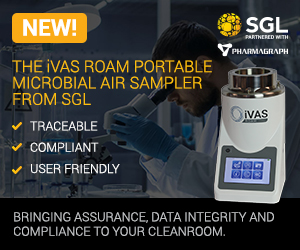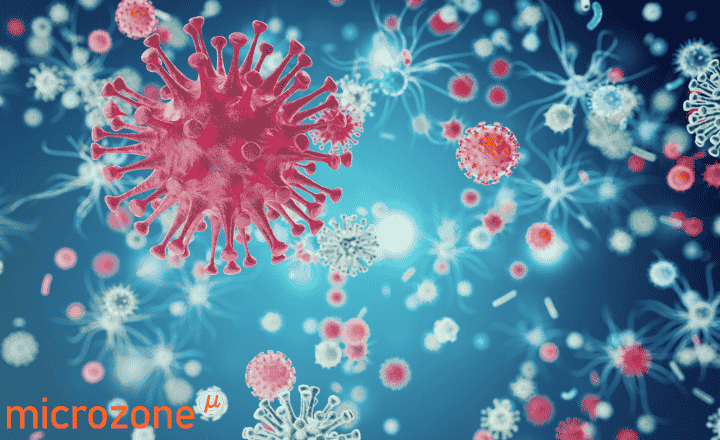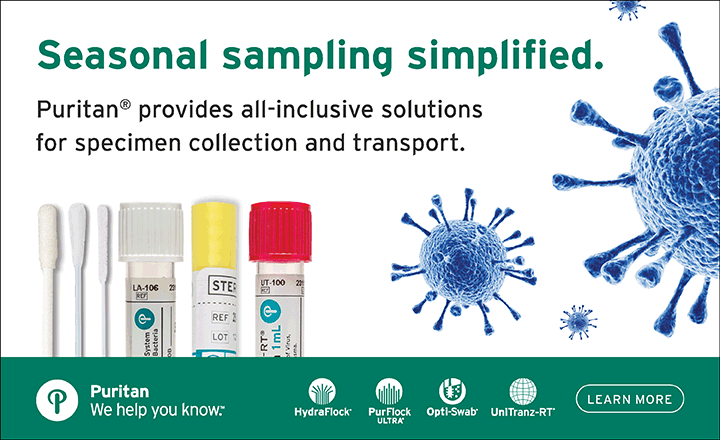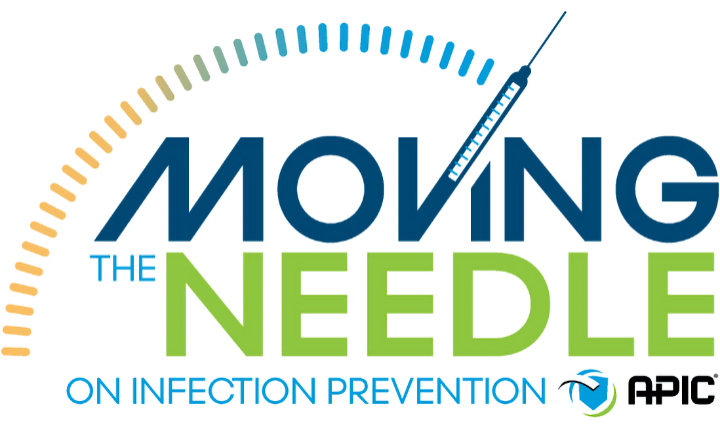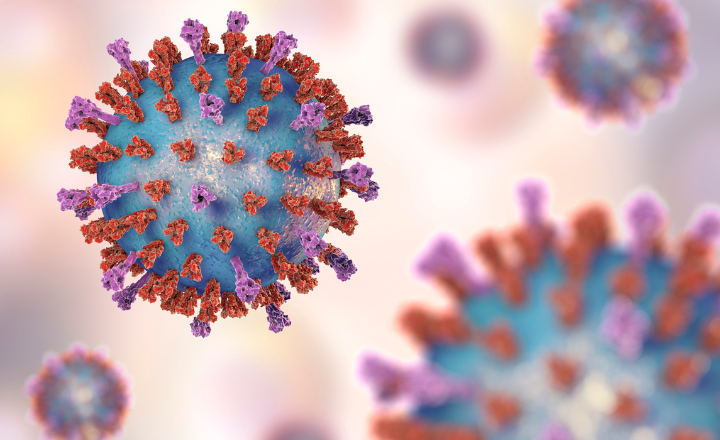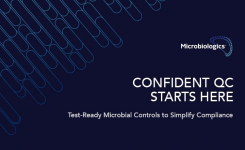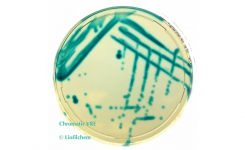Roche has announced it will launch its new SARS-CoV-2 Rapid Antigen Test, in late September, for markets accepting the CE Mark. Roche also intends to file for Emergency Use Authorisation (EUA) to the U.S. Food and Drug Administration (FDA).
The SARS-CoV-2 Rapid Antigen Test is for use in point of care settings for both symptomatic and asymptomatic people.
This can help healthcare professionals identify a SARS-CoV-2 infection in people suspected to carry the virus with results typically ready in 15 minutes.1
In addition, it serves as a valuable initial screening test for individuals that have been exposed to SARS-CoV-2 infected patients or a high risk environment.
The test has a sensitivity of 96.52% and a specificity of 99.68%, based on 426 samples from two independent study centers.*
At launch, there will be 40 million SARS-CoV-2 Rapid Tests available, per month. This capacity will increase more than two-fold at the end of this year to help with testing demands of healthcare systems globally.
The launch is a partnership with SD Biosensor Inc., with whom Roche has a global distribution agreement and had also launched a Rapid Antibody Test in July.
The test is the tenth addition to the comprehensive Roche diagnostic portfolio to help healthcare systems combat COVID-19 through testing in the laboratory and at the point of care.
Currently, this portfolio includes molecular, serology and digital solutions which help diagnose and manage COVID-19 during the initial stages of infection, during the recovery phase, as well as following the resolution of infection.
The SARS-CoV-2 Rapid Antigen Test is performed by healthcare professionals in a number of different settings close to the patient.
This is highly beneficial where timely decisions are needed or laboratory testing is inaccessible.
The test will help to quickly identify people who are infected and allows better patient management as well as more effective use of healthcare resources.
About antigen testing
An antigen test detects proteins which are structural or functional components of a pathogen and are thus very specific to that pathogen.2 In this case, the test would provide a qualitative “yes/no” answer on the presence of the pathogen in the patient sample and can be offered as a rapid strip test that is performed at the point of care.
If the target antigen is present in sufficient concentrations in the sample, it will bind to specific antibodies and generate a visually detectable signal on the test strip, typically with results ready in 15 minutes.1,3
In general, antigen tests have a high specificity, though are not as sensitive as molecular tests that amplify the target viral DNA or RNA sequence in order to generate a quantifiable signal to indicate the presence of the virus in a sample.
Therefore, to make up for the potential decrease in sensitivity of an antigen test, negative results should be analysed together with additional patient factors, such as COVID-19 exposure history, clinical symptoms, additional test results to help guide the diagnosis and subsequent treatment of the patient.
References
1. Roche Diagnostics Ltd. (2020). SARS-CoV-2 Rapid Antigen Test package insert
2. European Centre for Disease Prevention and Control. Diagnostic testing and screening for SARS-CoV-2. 2020. Accessed July 2020.
3. WHO: Advice on the use of point-of-care immunodiagnostic tests for covid-19
* Evaluation was carried out in study centers in India and Brazil.
Note: This content has been edited by a rapidmicrobiology staff writer for style and content.


